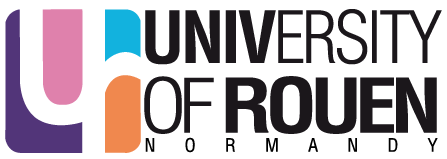The importance of the Russian Formalists, and the Linguistic Circle of Prague does not have to be defended in mainstream linguistics and poetics today. But the importance of Slavic scholars and what they can bring to Ethnolinguistics has become more and more self-evident in recent years. No longer part of ‘Eastern Europe’, Lublin, Krakow, Bratislava, and Prague are at the centre of our New Europe. And since the end of the Cold War, the academics working there have opened up to Western approaches. In addition to this, Slavic linguists bring to debates a rich human warmth which helps stimulate curiosity in comparative research and maintain long-term relations. While the West has on the one hand supported individual projects, and on the other, stressed the importance of interdisciplinary projects and multilingual events as a way of moving beyond the English, the French, the Spanish or the German traditions, for example, collaboration between languages and cultures has always been central to the way Slavic Linguists conceive their work, their events, and their publications. In Slavic Linguistics collective thinking is the norm rather than an innovative exception. If shapes the Slavic schools’ way of understanding speech and language as a universal faculty and a culture-specific phenomenon. The presence of Slavic linguists at international events enables Western scholars to realize the sterility of individual pursuits and the importance of shared social projects within the University and in international academic encounters. This human factor has proved essential for establishing ongoing collaborations, and for stimulating both warm encounters and heated debates.

